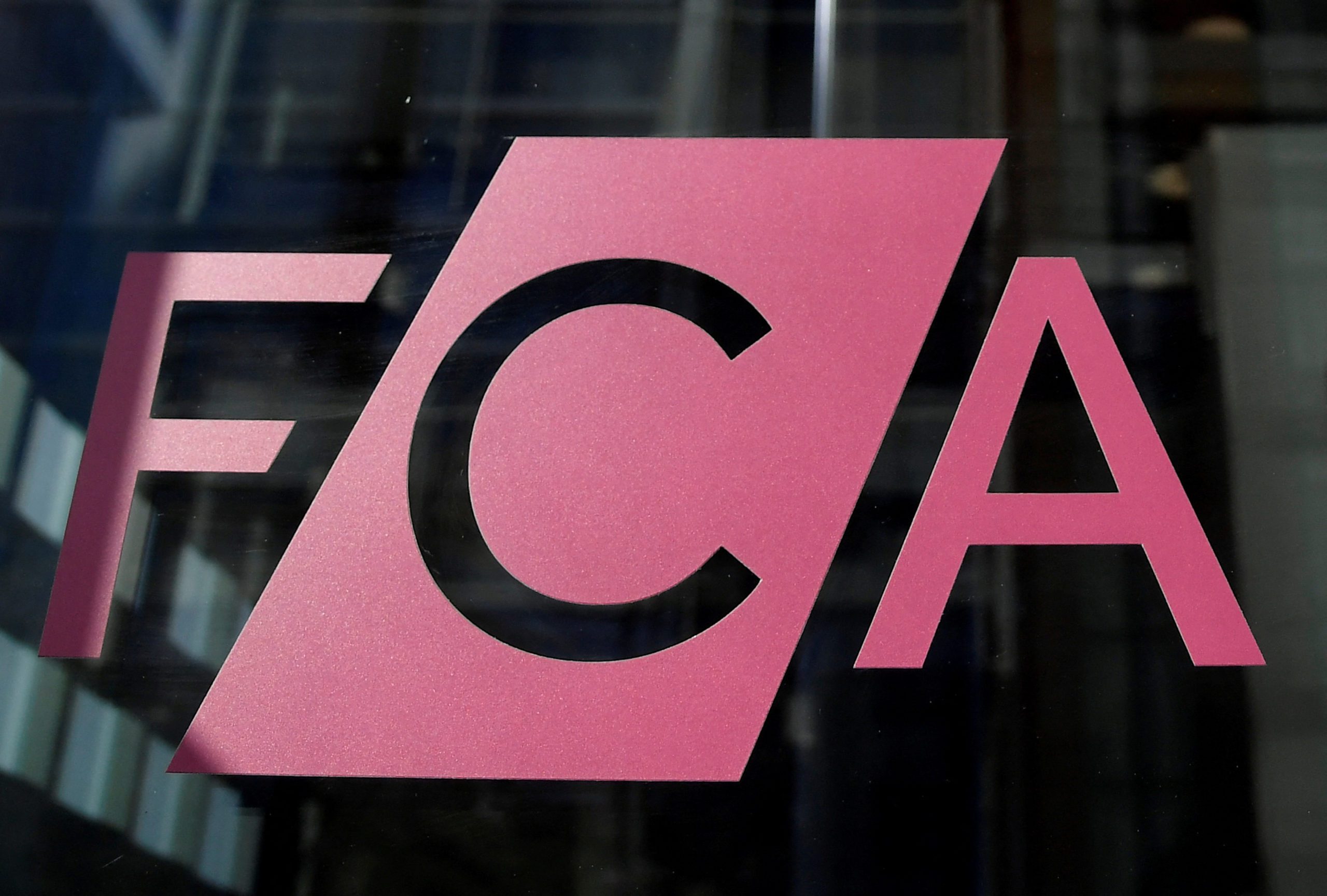BRITISH gambling operator Betfred has been told to pay Stg£3.25M by the industry regulator after AML and social responsibility failures.
The Gambling Commission said Betfred, registered as Done Bros (Cash Betting) Limited, breached licence conditions between January 2021 and December 2022.
The firm runs 1,750 high street betting shops, as well as a website and an app.
The Gambling Commission investigation found Betfred had insufficient controls in place to protect new customers, or to monitor “high velocity spend” and duration of play.
Its AML failures included:
- poor record keeping and its financial alerts (thresholds) were set too high
- failing to consistently obtain appropriate ‘know your customer’ identification and Source of Funds (SoF) documentation from its customers when its thresholds were met
- placing an undue reliance on open-source information and should have taken further steps to corroborate customers’ SoF information.
The failings occurred over various periods between January 2021 and December 2022.
Kay Roberts, executive director of operations at the Commission, said: “In recent years there’s been a public focus on online gambling but this case illustrates how important it is for us to continue our drive to raise standards across the whole industry.
“Gambling is a legitimate leisure activity enjoyed safely by millions but it is vital that every single operator – either online or offline – has in place effective safeguards to prevent harm or crime.”
All £3.25 million of the settlement will go to socially responsible causes.
The company’s social responsibility failures included:
- having insufficient controls in place to protect new customers, and to monitor high velocity spend and duration of play exposing the customer to the risk of substantial losses without safer gambling interaction
- making assumptions that customers were not at risk of harm because they were winning customers – it failed to carry out any safer gambling interactions on one customer who staked £517,499 over a two-month period
- a lack of evidence of evaluation of the effectiveness of individual customer interactions and a lack of record keeping which limited the effectiveness of future interactions.








